The World Economic Forum has established that by 2022, « critical thinking » will be a key skill in the business sector. As long as you know what « critical thinking » means… Critical thinking is an ability to make progress while seeking to remain relevant and effective. It’s about thinking better. This is a very important tool at a time when there is so much information being generated by the exponential growth of the internet and « fake news ».
Thinking critically takes discipline. Here are some important steps for developing your critical thinking:
- Challenge your assumptions. We all make a lot of assumptions. But, what if these assumptions turn out to be wrong or at least not entirely correct?
What assumptions do you take for granted and that could fall apart were you to look at them in greater depth?
- Don’t take information for granted until you’ve studied it yourself. We tend to consider information to be true when it comes from a source we believe to be trustworthy. It would actually be better to check all the information we are exposed to, whatever the source, even if it takes time and energy.
Investigate the information you are uncertain about. If you don’t feel satisfied with an explanation, ask the person to expand on their answer. If a fact sounds right to you, read more about it or experience it yourself. It is essential to differentiate between the facts and an interpretation of the facts.
- Question things. You have just learned to question the assumptions and sources of your information. You will now learn that you will have to question… absolutely everything else! Asking questions is the key to critical thinking. If you don’t know what questions to ask or don’t ask the questions that are on your mind, you will never get answers. Expand your outlook, don’t settle for just one option.
- Understand your own biases. Human judgement can be subjective, irrational and malicious. Understanding what your biases are and how they affect your judgement will help you to understand the information better.
- Stay several steps ahead. Be proactive. Don’t be satisfied with staying just one step ahead. Stay several steps ahead. Try to imagine future developments that might affect the issues you are facing.
- Fail until you succeed. Don’t be afraid of failure. Failures are just a means of finding out what is not working. Use failures to your advantage by learning from them and reassessing the situation.






